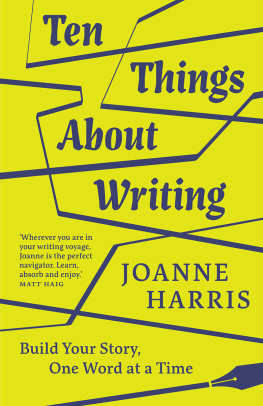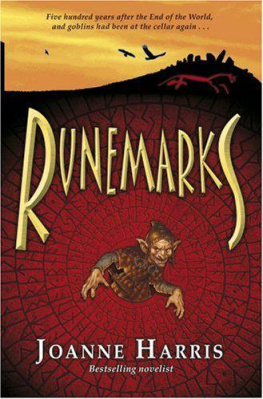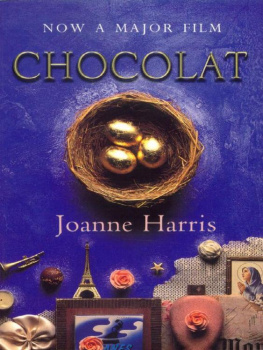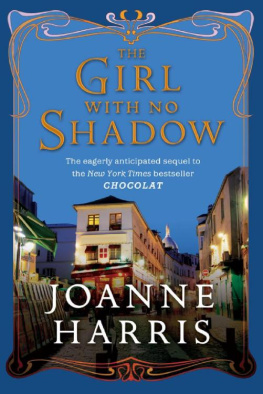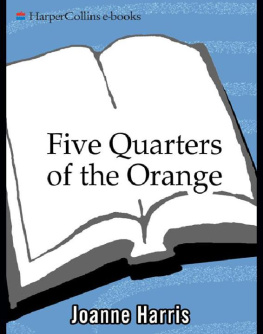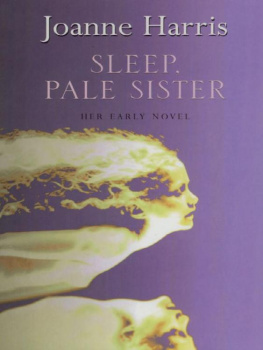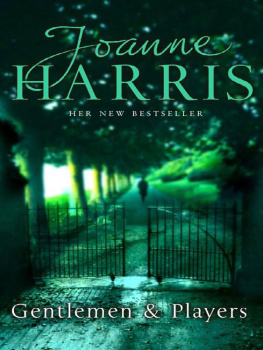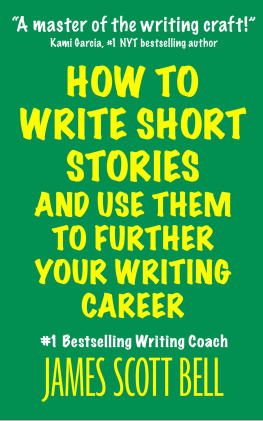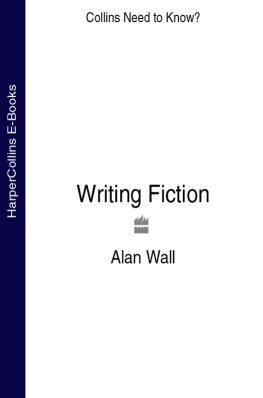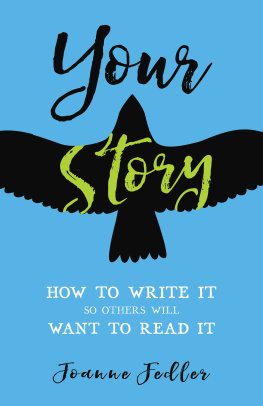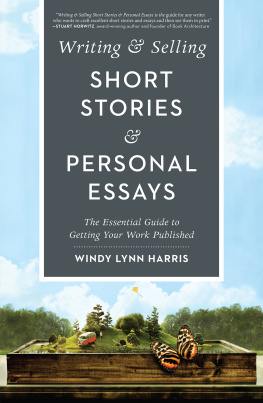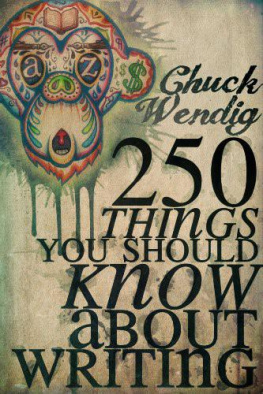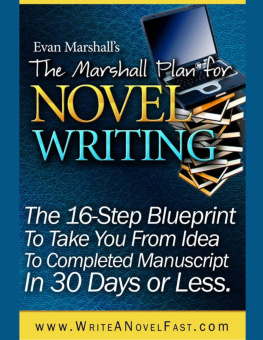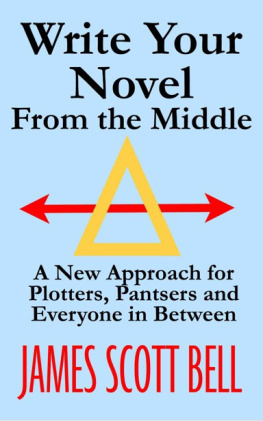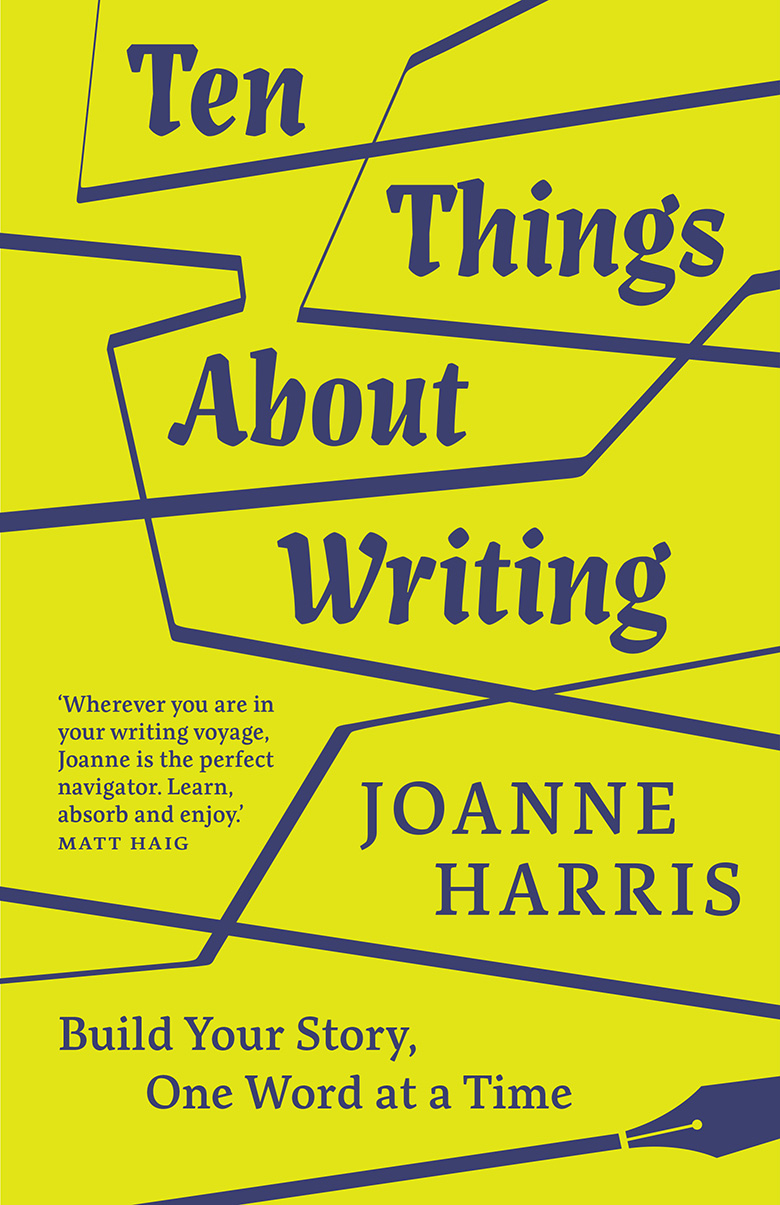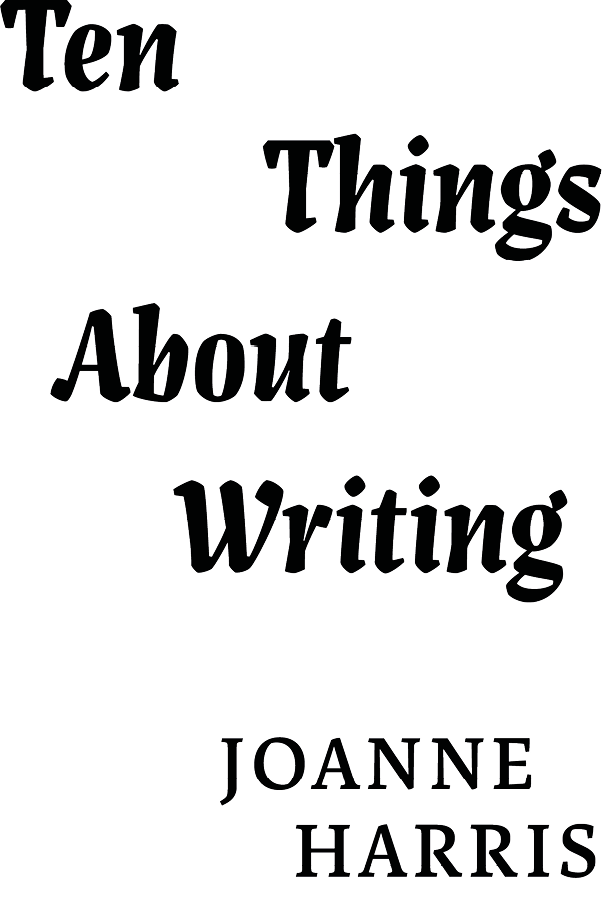

1 3 5 7 9 10 8 6 4 2
First published in 2020 by September Publishing
Copyright Frogspawn Ltd 2020
Illustration copyright Moose Allain 2020
The right of Joanne Harris to be identified as the author of this work has been asserted by her in accordance with the Copyright Designs and Patents Act 1988.
All rights reserved. No part of this publication may be reproduced, stored in a retrieval system, or transmitted in any form or by any means, electronic, mechanical, photocopying, recording or otherwise, without the prior permission of the copyright holder
Typeset by Ed Pickford
Kindle ISBN 978-1-912836-60-4
Epub ISBN 978-1-912836-61-1
September Publishing
www.septemberpublishing.org
Contents
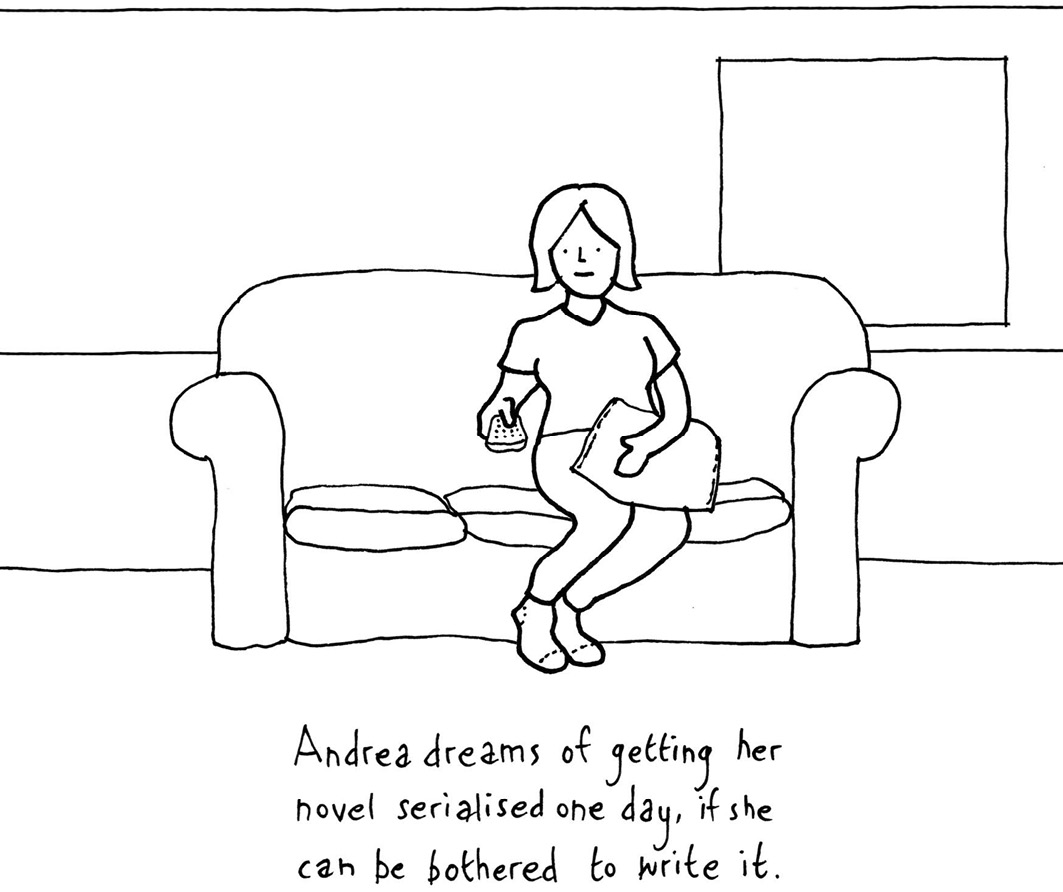
Introduction
Creative writing is a great deal more than just a professional skill. Yes, a good, clear, graphic style and the ability to tell a story can help in all kinds of professions, from teaching to advertising, from writing a marketing report to writing a bestselling novel; but making art for pleasure is a valid objective in itself. Writing for pleasure promotes articulacy, empathy, understanding, lateral thinking. It gives us insights into other lives; windows into other worlds. It allows us to harness our creative energy and gives us a sense of achievement. Its cheaper than therapy. Also its fun . Fun is a worthwhile end in itself. And we tend to enjoy what we do well, and want to improve and build on our skills. I hope that this book will give you the chance to do just that, however far you choose to take it: whether youre a complete beginner, or an experienced writer looking to take your writing to the next level.
Part of improving your writing is learning what other writers have to say, and taking from them what is useful to you, which may vary from person to person. There is no single way to write, no cast-iron rules for making art, and what works for me may not work for you at all. That doesnt make either of us wrong. We all approach these things in our own ways and, whatever your chosen method, if the end result satisfies you, if it gets the results you were hoping for, then you chose the right way for you. But here are some things that I have learnt over my years as a writer I have shared some of them as part of a regular Twitter hashtag series, which some of you have found useful. Many of you have asked me to collect them and put them together into a book. So here they are: and whether your aim is to become a published writer or just to improve your written style, I hope you find something here to help, encourage or motivate you. Take what you need from these pages; and most of all, enjoy what you do . Joy is such a vital part of creative writing because if you dont enjoy what you write, how can you expect anyone else to?
Part 1
Where Do I Start?
Starting Out
There. That was easy, wasnt it? Youve taken the first step already. Youve decided to explore and expand your potential as a writer. Whatever your objective, its a great thing to do, and I hope it will bring you joy and success in whatever you hope to achieve.
Now to look at a few ways to get you started.
1. Dont try to do too much at once . Although it may be true that a journey of a thousand miles begins with a single step, try not to think about where the journey will take you. Instead, try to focus on what you can do on a day-to-day basis.
2. Decide what you want from your writing . Do you write purely for your own pleasure? Do you write as therapy? Do you enjoy sharing your fan fiction online? Are you writing a story to entertain your grandchildren? Are you seeking to be published commercially? Whatever your reasons, and on whatever level you choose, writing can be a rewarding, enriching occupation that can bring joy to you and to others.
3. Manage your expectations . Dont assume that by writing youre going to make millions, attract girls (or boys), or get to hang out with famous people. For the most part, the best that will happen is that youll do a lot of writing. Make sure thats what you really want. If you dont actually enjoy writing, youre unlikely to sustain the effort.
4. Manage your time . If you dont actively make time to write, then youll never get round to it. (More on ways to do this in the next chapter.)
5. Manage your workspace . A designated workspace is the key to good writing habits. Decide where you are going to write and try to make it as accessible and as welcoming as possible. (More on your workspace later.)
6. Make sure you have the right tools to allow your writing to fit into your lifestyle. If youre on the move throughout the day, you might prefer a laptop or a writing app that you can use on your phone. If youre going to be working from home, you might prefer to work on a PC. And of course theres always the time-honoured notebook-and-pen combo
7. Find a beta reader . Not everyone wants to share their work, but writing can be a lonely business. It can help to get feedback from a sympathetic, honest reader and having an audience, even of one, can help with motivation.
8. Join an online community . Its so easy nowadays to get in touch with other writers, bloggers, editors or agents and you can learn a lot from interacting with other people who may be on the same path.
9. Join the Society of Authors , or the Writers Guild. (If you havent been published yet, you can still join the society as an Associate Member or Friend). With its quarterly magazine, free legal advice, contract services, social events, literary prizes, grants and lectures on different aspects of publishing, its well worth the membership fee.
10. Finally, give yourself permission to write . You can do it. Its allowed. No ones going to laugh at you or say youre not a proper writer not anyone who matters, anyway.
Got it? Good.
Take a deep breath. Youre on your way. Good luck, and may your writing bring you as much joy as mine has brought me
Permission
A task that many new writers find unexpectedly difficult is giving themselves permission to write . They waste time and energy worrying: Am I a proper writer? Will proper writers laugh at me? Am I being ridiculous in believing that actual readers might enjoy reading what Ive written? So heres a little checklist to help you get through this. And if you ever start to feel uncertain of yourself, come back to this page, take a deep breath, reread the list then make yourself a cup of tea and get to work. Youre allowed to do it. I said so.
1. Stop thinking in terms of proper writers and the rest of the world . Youre not an aspiring writer, or an emerging writer, or a budding writer. If you write, youre a writer. So write !
2. Banish your fear of inadequacy . Do you write as well as you want to? Probably not. No writer does. But then, why would you be any different from any of the rest of us? We all have insecurities. Were all trying to improve our game. And like all games, yours will improve with practice, and with time.
3. Banish your writers guilt . Ever feel guilty at the amount of time you spend watching TV, or reading, or exercising, or being with your friends? No? Then dont feel guilty at the time you spend writing. Its not a selfish indulgence, its something you care about, and into which youre prepared to put work and energy. Make sure the people around you understand that, and support you. If they dont, find better people.

